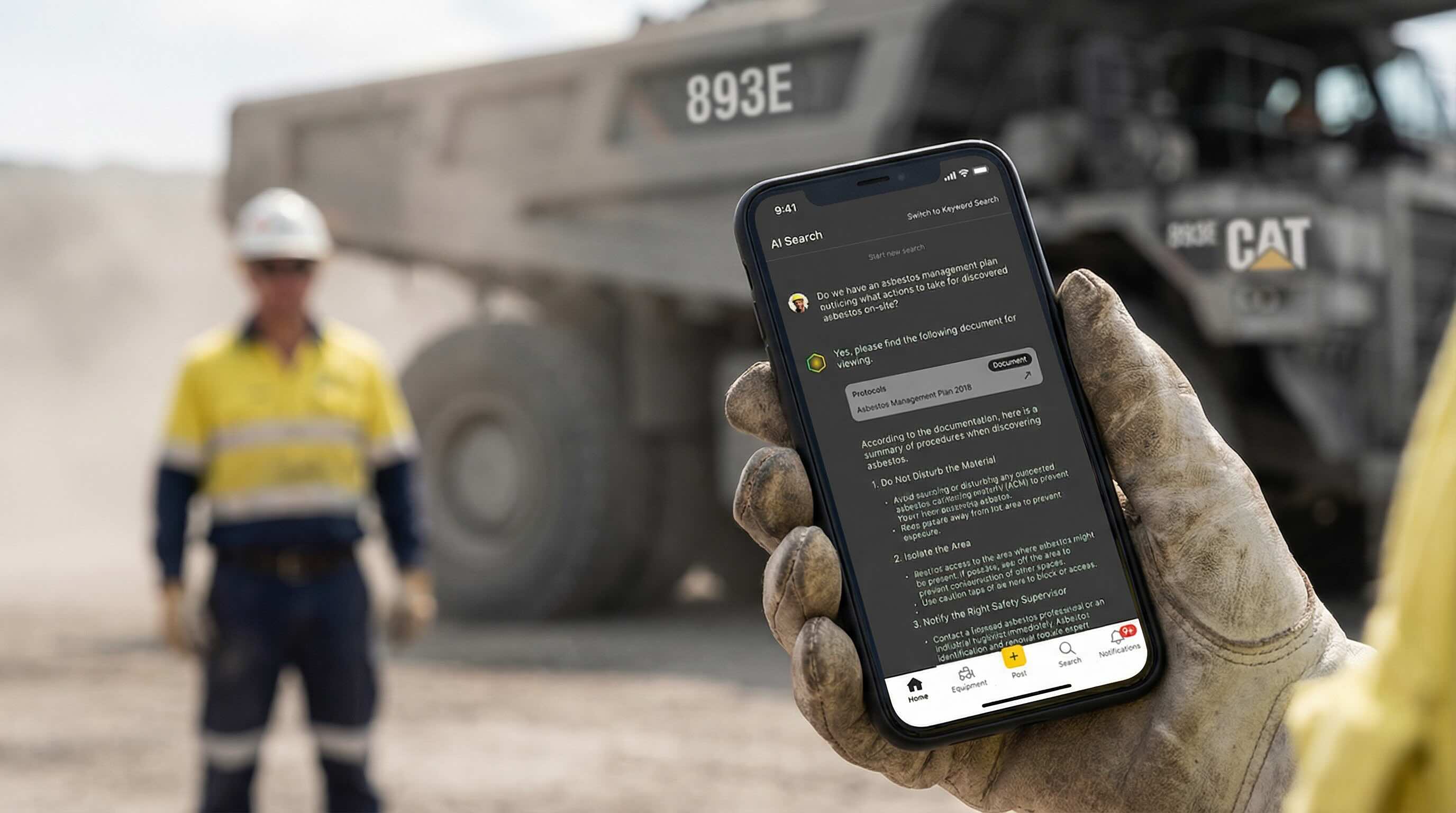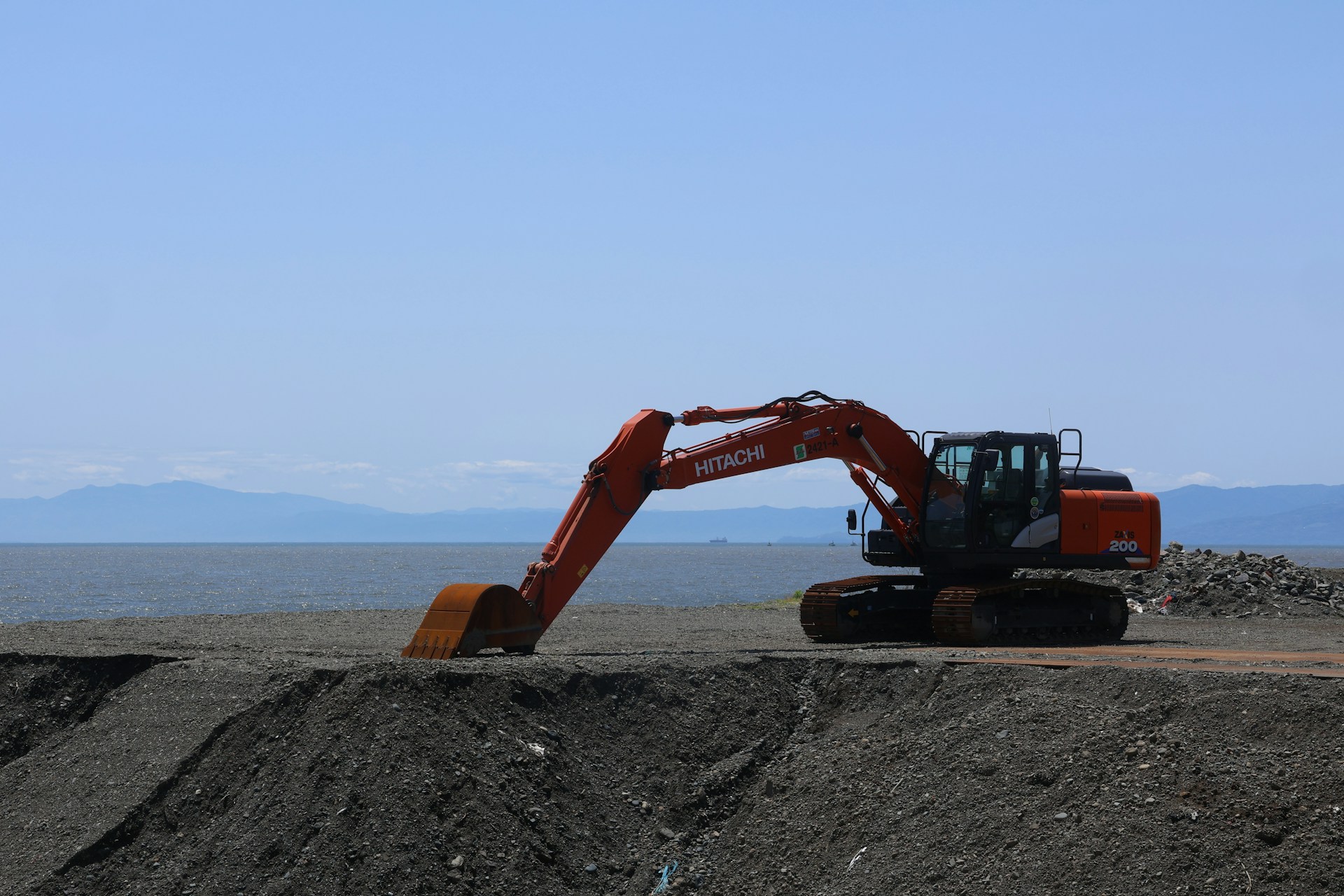Cold weather reveals common wear in Hitachi machines—see what crews are sharing in forums and how that feedback helps teams prep smarter and faster.
By late October, most job sites are deep into their fall workload and the equipment is starting to show it. Shorter days and cold mornings bring out hidden wear and unresolved issues that slipped by during summer. For crews running Hitachi machines, these seasonal shifts tend to stand out—slow startups, drag in the hydraulics, or sensor codes that seem to pop up with the first signs of frost
This is when forum activity noticeably picks up. Operators log in not only to solve an urgent problem, but to share what’s going wrong and what got their machines back on track. Feedback on Hitachi is more than a list of quick repairs. It turns into a running record and a learning tool. Crews who check it find themselves ready before trouble grows. Each post adds to a knowledge base that helps others get ahead of what’s coming next.
Where Hitachi Feedback Matters Most
Common Hitachi-related threads this time of year often reflect the conditions. Maybe it’s a clutch that feels sluggish first thing in the morning, or an electrical code that appears after a sharp drop in temperature. Cold weather brings different behavior from DEF systems, sensors, and hydraulic lines. These early warning signs get flagged on forums long before a failure happens.
The topics lighting up forums now usually include:
• Electrical problems where sensors stall or throw codes after a frosty start
• Thickened fluids that slow movement or trigger warnings for low pressure
• DEF issues like tank condensation causing surprise regen cycles
Most of these problems don’t start out huge. But they disrupt timelines just as tasks ramp up to meet fall deadlines. Forums become a space where operators describe these issues, offer their fixes, and warn each other about what crops up as the season shifts.
Seasonal change highlights wear and quirks that might have been missed during peak work months. Filters clog with dust, corrosion sets in, and welds or hoses can start to weaken in the cold. When these moments are logged in a forum, they don’t just solve one person’s problem—they warn the next crew about what’s possible.
Patterns That Crews Are Spotting
A major strength of active forums is the ability to spot patterns across multiple jobsites and machines. When several operators note trouble with the same Hitachi model around a certain hour mark, it stops being a chance event.
Some patterns that get shared most:
• Elbow leaks starting around 3,800 machine hours
• Fuel rail dips on select models after tough, long-haul shifts
• Codes that always seem to pop during trenching or major vibration jobs
Other forum posts focus on conditions: those working steep slopes in rain share how to protect undercarriage sensors, while rocky job sites bring up early pivot wear. These shared experiences make every reader smarter about what to check before heading into similar jobs.
The best part is how regional quirks spread. Advice from one state might prep a team across the line—helping avoid extra downtime or a costly miss in their busiest weeks.
Translating Forum Feedback into Smarter Maintenance
The most proactive shops and crews don’t just wait for messages about what broke—they use forum feedback to improve their own planning. Shared online advice typically includes tips on what to look for sooner in the maintenance schedule based on season or machine age.
For example, if a forum post points out that DEF tank sensors under-read after overnight freezing, savvy crews start adding sensor checks to their PM list, even if the manual doesn’t call for it yet.
Forum-watching changes the way teams care for their machines:
• Crews add hose checks at hour marks highlighted in frequent posts
• Filter swaps get pulled up if several operators hit airflow limits early
• Awareness of DEF and electrical warnings means more eyes on those areas in cold snaps
This information takes official schedules and adds a practical layer from the front lines. Operators who follow this advice spend less time guessing and more time with working machines. Less trial and error means more field time and fewer expensive setbacks.
Torqn’s collaboration platform supports tagging feedback and maintenance logs by make, model, and fault type, letting teams skip the hunt and find what matters for specific Hitachi jobs.
What Makes Forum Advice Useful
Not all advice on forums is created equal. The most useful feedback is always specific—listing which machine, what hours, and the precise job conditions that led to the fix or failure.
Replies worth bookmarking often look like this:
• Machine model and run hours noted clearly
• Job or site condition described—mud, cold, steep grade
• List of what was tried, what worked, and what did not
You’ll notice the best posts come from regular contributors. Experienced Hitachi operators and shop leaders give short, sharp pointers that come from years of work. When you spot their names popping up over weeks and months, that feedback is almost always in context.
It’s easy to skip vague replies—those offering a single quick guess, with no proof or follow-up. Crews with experience know that a random reply can mean wasted time or more confusion. Filtering forum advice is about knowing who to trust and learning which context matches your own job conditions.
Staying Ahead with Shared Experience
Most of the best field habits come from old jobs and lessons logged in real time. Forums—especially those with active fall and winter members—act as a shared memory for all users. You might not remember how a Hitachi error code got fixed last October, but the site does.
Most operators who tap into forums during this part of the season walk away with something extra: an edge. It is about knowing where the problems will hit, how long it might last, or how to check a machine before dragging in outside help. Instead of stumbling through another round of equipment issues, smart teams move straight to the right check or quick repair.
That is how shared knowledge keeps jobs moving, reduces blind mistakes, and gives every crew a better shot as winter arrives. The path is always shorter when someone else has already marked the way ahead.
At Torqn, we've seen how shared operator feedback drives smarter work year-round. When machines start behaving differently during fall shifts, it helps to compare symptoms and fixes with others who’ve handled it already. Forum conversations around brands like Hitachi give crews that edge, offering timely insights based on real-world performance. That kind of knowledge isn’t just useful—it builds memory across teams. Want to make better calls faster? Let’s talk.









